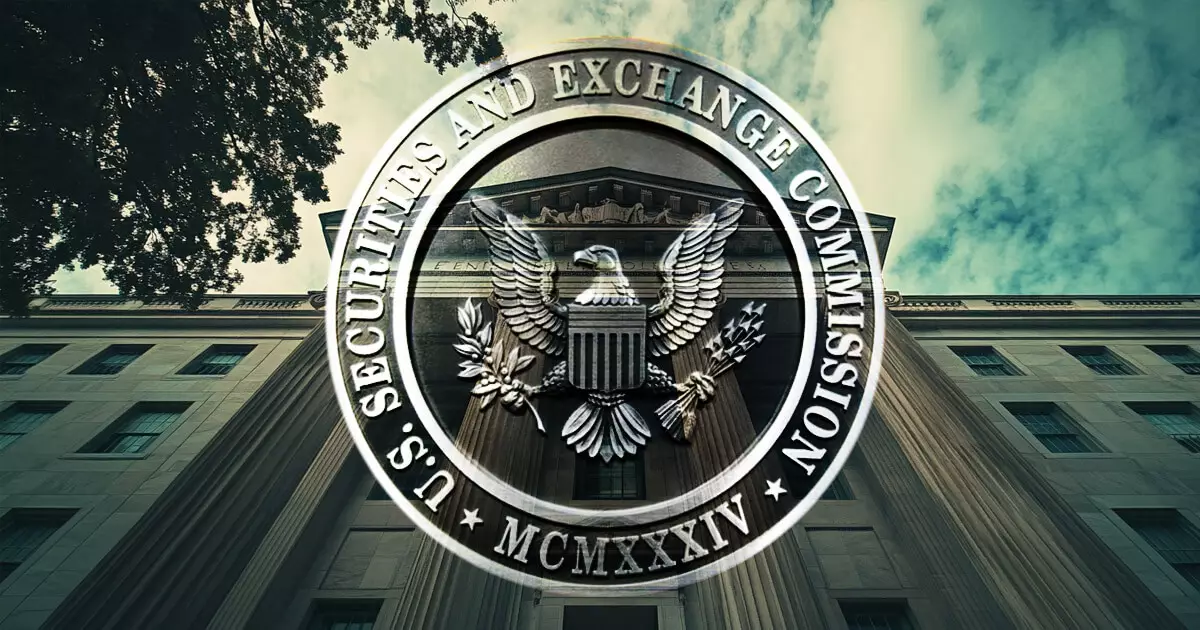The recent changes in leadership at the U.S. Securities and Exchange Commission (SEC) are poised to significantly impact the regulatory landscape, particularly concerning digital assets. Mark Uyeda’s appointment as the acting chair of the SEC signifies a potential shift toward a more accommodating regulatory approach, especially in the realm of cryptocurrencies, NFTs, and other digital assets. Following the resignation of former Chair Gary Gensler, which came amidst his contentious tenure, the transition establishes a critical phase for the SEC.
Mark Uyeda’s background as a strong advocate for digital assets positions him uniquely in a regulatory environment that has been shaky and unpredictable for industry stakeholders. His criticism of Gensler’s ambiguity over regulations reflects broader frustrations within the financial community. During a Fox Business appearance in October, Uyeda lamented the uncertainty imposed by the SEC and called for a clearer regulatory framework. This notion resonates with many participants in the cryptocurrency sector who have faced challenges brought on by erratic enforcement and insufficient guidance on compliance.
Additionally, Uyeda’s role is particularly important as he navigates the transition period until June 2026, when Paul Atkins is slated to step into the permanent chair position. As a figure who has long stressed the need for proactive regulatory measures that empower rather than stifle innovation, Uyeda could reshape the SEC’s strategy. There is anticipation within the digital asset community that his leadership will usher in a more constructive dialogue around regulation that balances consumer protection with technological advancement.
Critiques of the SEC’s Enforcement Actions
Uyeda has not shied away from publically critiquing the SEC’s enforcement strategies, particularly regarding non-fungible tokens (NFTs). Alongside SEC Commissioner Hester Peirce, he recently contested the classification of certain NFTs as securities, highlighting the nuanced nature of digital assets that often eludes traditional regulatory frameworks. Their remarks on the Flyfish Club controversy—where NFT access was monetized through over $17 million in primary sales—underscore a vital discourse on how these assets should be understood and regulated.
The Flyfish Club incident demonstrates the evolving nature of investment and consumer engagement in the digital era, where the blending of utility and entertainment complicates regulatory norms. Uyeda’s push for reclassification indicates a desire to see practical and relevant approaches applied to digital assets, steering the SEC away from one-size-fits-all solutions.
Looking at the recent departure of Gensler, it is essential to acknowledge the significance of respectful engagement in policy navigation, particularly in divided political settings. Uyeda and other Commissioners recognized Gensler’s commitment to collaborative discourse despite policy disagreements. This respect for differing opinions reflects a fundamental need for bipartisanship in regulatory frameworks that profoundly affect emerging technologies.
With the impending leadership of Paul Atkins, previously appointed by Trump, the SEC may grow more aligned with promoting innovation while ensuring safety within the digital marketplace. The combination of diverse viewpoints among the Commissioners may facilitate a more nuanced approach to regulations that provides clearer guidelines for the future of cryptocurrencies and digital assets. As the SEC stands at this crossroads, the decisions made will define the framework in which innovation and compliance coexist in the U.S. financial landscape.
















Leave a Reply